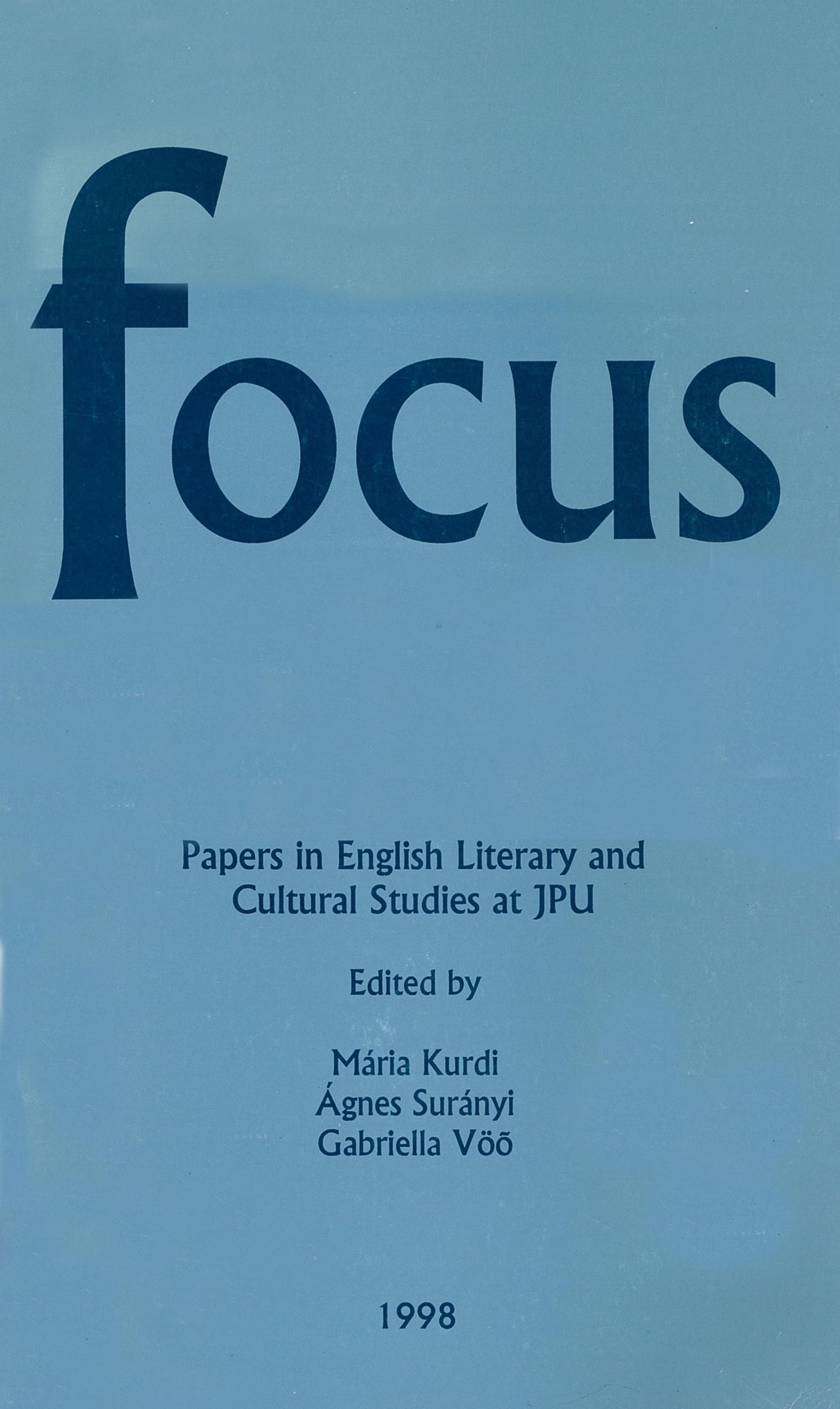Scenes of Uncertainty in Melville's Battle-Pieces
Abstract
After the chilly reception of his last major novel, The Confidence-Man and the failure to publish his volume of Poems in 1860, Melville probably acquiesced in the barrier between what his work had to offer and what the public was ready to receive. Yet the Civil War, the nation’s most serious crisis since it came into being, compelled him once again to reestablish the bond of artistic communication. Battle-Pieces, Melville’s only volume of poetry published with the intention of appealing to a national audience, would become an experimental attempt at articulating a collective experience, and, at the same time, reworking his own image of America within the ideational complexes of an increasingly pessimistic vision. The resulting work bears the mark of competing, although not wholly irreconcilable, commitments. The voice of the artist and thinker, whose disillusionment must have been further increased by the violence and irrationality of the Civil War, had to be brought into harmony with the public role ofthe poet speaking for the Union. Besides Whitman’s Drum-Taps, although much less acclaimed, Battle-Pieces remains the only considerable body of Civil War poetry by a canonical author who experienced the war as a contemporary. The poems in the volume reveal, on one hand, the genuine patriotism ofthe New Englander, and, on the other, admiration for the heroes and compassion for the victims on both sides. The volume finally fell short of success, and Melville’s artistic achievement is still largely considered as thwarted by what seems to be a certain clumsiness in craftsmanship: the unconventional stanzaic and rhyme patterns, the crooked syntax and an imagery frequently judged as clumsy and incongruous with the subject. However, the fact that Battle-Pieces succeeds Melville’s major fiction seems to be considerable justification to revise assumptions of artistic inadequacy. As occasional poetry about the Civil War, appealing first of all to a contemporary public, it failed to satisfy expectations about a clear-cut poetic and political stance, and most probably struck a dissonant note in a political climate where political and ideological values expected justification, and those committed to these values needed reassurance.
Downloads
Published
How to Cite
Issue
Section
License

This work is licensed under a Creative Commons Attribution-NonCommercial-NoDerivatives 4.0 International License.
FOCUS: Papers in English Literary and Cultural Studies follows the principles laid down by Creative Commons, which provides guarantees for the Author’s copyright while also ensuring that intellectual properties are made available for the wider public in a digital form. All papers submitted to the journal apply the following licence conditions (indicated on the journal’s website as well as in individual publications):
“© This work is licensed under a Creative Commons Attribution-NonCommercial-NoDerivatives 4.0 International License.”
You are free to:
- Share, copy and redistribute the material included in the journal in any medium or format under the following terms:
- Attribution — You must give appropriate credit to the Author, and indicate the original place of publication [FOCUS: Papers in English Literary and Cultural Studies, Issue nr., page numbers.].
- NonCommercial — You may not use the material for commercial purposes.
- NoDerivatives — You are not allowed to remix, transform, or build upon the material.
- The above conditions must always be indicated if the journal material is distributed in any form.
- The above conditions must always be met, unless a written permission signed by the Author and the Editor-in-Chief states otherwise.

